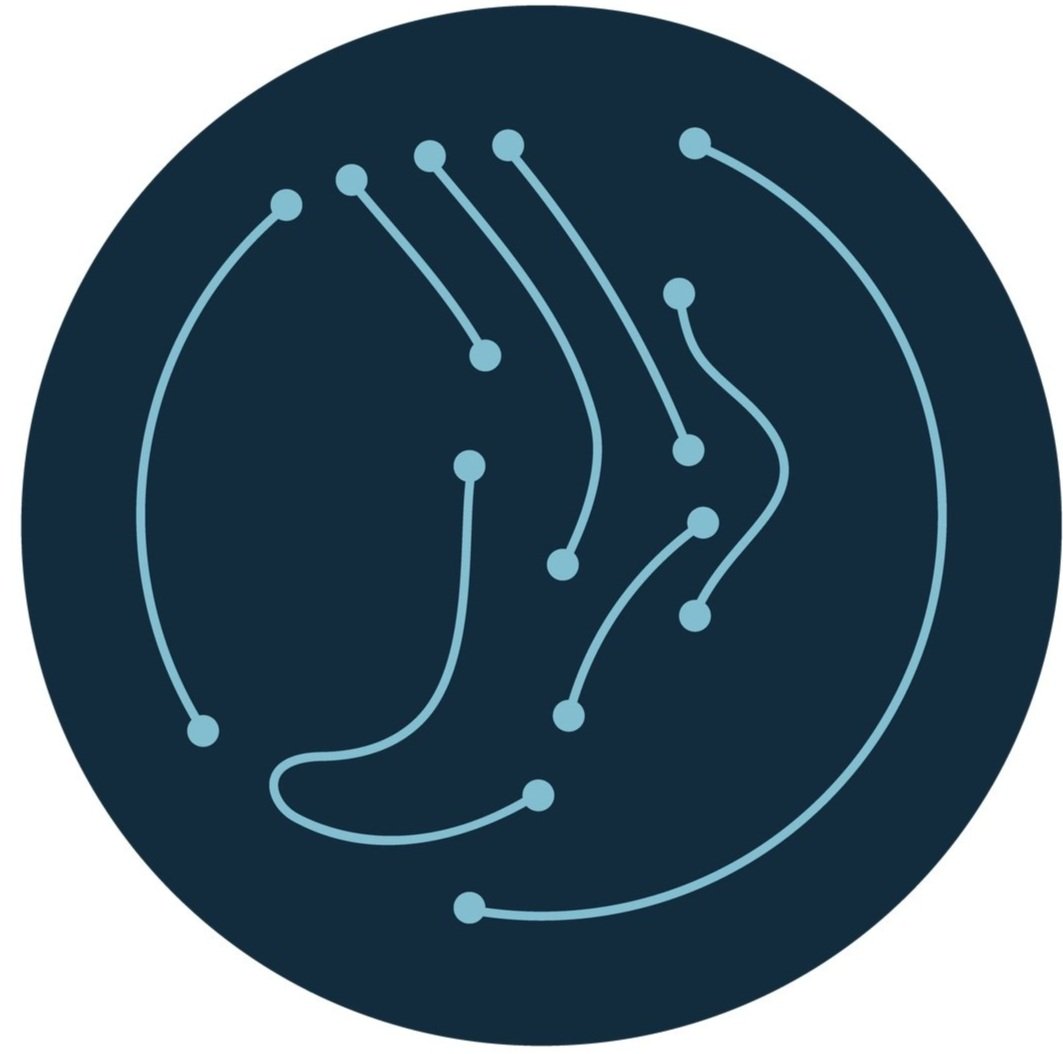Wound Care Specialists
Professional wound care could be the difference between a full recovery and an amputation. If you suffer from slow-healing or non-healing foot wounds, Utah Podiatry, a foot and ankle clinic, wound care specialist William Martin, DPM can help. The team expertly evaluates wounds and uses the latest advanced wound care treatments to help you heal swiftly and without complications. Call the Logan or Tooele, Utah, office, or use the online booking tool for wound care now.
Wound Care FAQs
What is a foot wound?
A foot wound is an area of damaged skin. Most wounds occur on the bottom of the feet but they can develop anywhere. Wounds aren't necessarily large. In fact, many start small and then rapidly grow larger.
People with diabetes often develop foot ulcers (open wounds) that start as small cuts, abrasions, calluses, corns, or blisters. That’s the main reason diabetic foot care is so important.
What happens if you don’t treat foot wounds?
Untreated wounds are extremely vulnerable to complications. Skin can quickly break down over the wound, causing an open (ulcerated) wound. An ulcerated wound can attract harmful bacteria, so infection is a major threat. Without treatment, ulcerated wounds often expand and go deeper into the skin over time, making it even more difficult to heal.
Untreated ulcerated wounds are especially dangerous for diabetics. If you have diabetes, your risk for nerve and blood vessel damage is high. Both types of damage can cause major issues with healing; in fact, 85% of amputations related to diabetes begin with an ulcerated foot wound.
How does wound care work?
At Utah Podiatry, Dr. Martin tailors wound care for your personal needs. If your wound isn't ulcerated or infected, he does everything possible to prevent the wound from progressing while encouraging rapid healing. If your wound is already infected, he treats the underlying infection with powerful antibiotics so you can heal efficiently.
Your wound care treatment may include off-loading, which means relieving pressure through custom orthotics or special shoes made just for diabetic feet. Diabetic shoes have a deeper heel, wider toe box, and other features to allow for optimal wound healing.
If you have any necrotic (dead) tissue, Dr. Martin can remove it and then protect your skin as it heals. Topical medications and dressings can keep your wound moist and encourage healing.
Regular appointments are key in wound healing. Foot wounds can change rapidly, so it’s important that Dr. Martin evaluates the wound regularly to spot signs of potential trouble.
With proper care, you can achieve full healing, so don’t wait to get wound care help if you need it.
Utah Podiatry offers a family atmosphere and specializes in wound care treatment. Find out how you can heal rapidly and without complications: Call either office or book your appointment online now.
Utah Podiatry
Board-Certified Podiatrist, Foot and Ankle Surgeon located in Logan & Tooele, Utah


